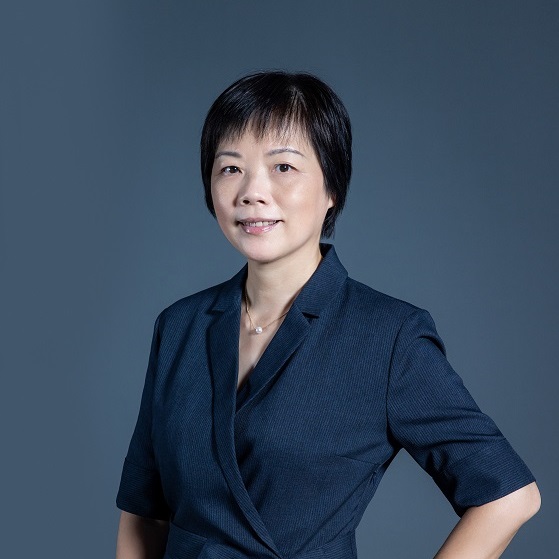
qingzhendeng@um.edu.mo
Tel
(853) 8822 4625
Office
E21A-3117
Consultation Hours
Monday: 14:30-16:00
Thursday: 15:00-16:30
Qingzhen DENG
Education
PhD: The University of British Columbia,Vancouver, Canada
PhD: Nara Women’s University, Nara, Japan
MA: Kobe City University of Foreign Studies, Kobe, Japan
BA: Guangzhou Foreign Language Institute (now Guangdong University of Foreign Studies), Guangzhou, China
Research Interests
1. Chinese characters and Chinese expressions that were adopted into the Japanese writing system in the period when it started to take shape. Focusing on Manyōshu, the oldest anthology compiled in the 7-8th century, my research employs many first-hand research materials from classical Chinese literature.
2. Early Japanese literature during the Nara and Heian periods that received strong influence from the Six Dynasties’ style of Chinese literature. My research will analyse the connection between yuefu poems and Japanese poetry during the period, hoping to deepen the understanding concerning the development of classical Japanese poetry.
Courses Regularly Taught
JAPN1004 Elementary Japanese I
JAPN1001 Japanese Grammar I
JAPN1003 Japanese Grammar II
JAPN3003 Selected Readings in Modern Japanese I
JAPN3006 Selected Readings in Modern Japanese II
Teaching experience:
Japanese language in all levels
Early Japanese literature
East Asian Culture
Chinese language in all levels
- Deng, Qingzhen. “Xiao Gang (503-551): His Life and Literature.” Ph.D. diss., The University of British Columbia, 2013.
- Deng, Qingzhen. “The Chinese Characters ‘sotsu’ and ‘kyorai’ Applied to ‘iza’ in Man’yōshū.” Josetsu vol. 35 (2008): 1-14.
「イザ」に当てられる正訓漢字について―『万葉集』に見る「率」と「去来」をめぐって
『叙説』第三十五号 (奈良女子大学国語国文学会 平成20年3月) - Deng, Qingzhen. “Classical Japanese Literature in China — Regarding the Chinese Version of The Invention of Man’yōshū.” Collected Reports of 21 Century COE Program in Nara Women’s University vol. 7 (2006): 73-80.
中国における日本古典文学 ―『万葉集の発明』の中国語版をめぐって
『奈良女子大学21世紀COEプログラム報告集』Vol. 7(奈良女子大学 2006年4月30日) - Deng, Qingzhen. “The Use of the Chinese Character ‘saru’ following Time Expressions in Man’yōshū.” Josetsu vol. 28 (2000): 58-77.
時間語彙に接続する「サル」についての一考察 ―『万葉集』を中心に
『叙説』第二十八号(奈良女子大学国語国文学会 平成12年12月) - Deng, Qingzhen. “Adaptation of the Chinese Character ‘ka’ in Classical Japanese Literature — A Comparative Study of Classical Chinese Texts and Man’yōshū.” Kōgakkan Ronsō vol. 33, no. 2 (2000): 1-28.
漢字「霞」の古代日本での受容 ―『万葉集』と漢籍との比較研究を通して
『皇學館論叢』第三十三巻第2号(皇學館大學人文学會 平成12年4月) - Deng, Qingzhen. “Connotations of the Chinese Character ‘ie’ in Man’yōshū.” Kobe College Studies vol. 45, no. 1 (1998): 1-14.
『万葉集』の中の「家」の意味
『神戸女学院大学論集』第四十五巻第1号(通巻第131号)(神戸女学院大学研究所1998年7月) - Deng, Qingzhen. “A Study on ‘Cypress Vine Grown on A Pine’s Branch’ — Focusing on the daishi (foreword) of the 113th Poem of Man’yōshū.” Annual Report of the Graduate School of Human Culture vol. 13 (1997): 224-233.
「蘿生松柯」試論 ―『万葉集』一一三番歌の題詞を中心に
『人間文化研究科年報』第十三号(奈良女子大学大学院人間文化研究科1998年3月)

